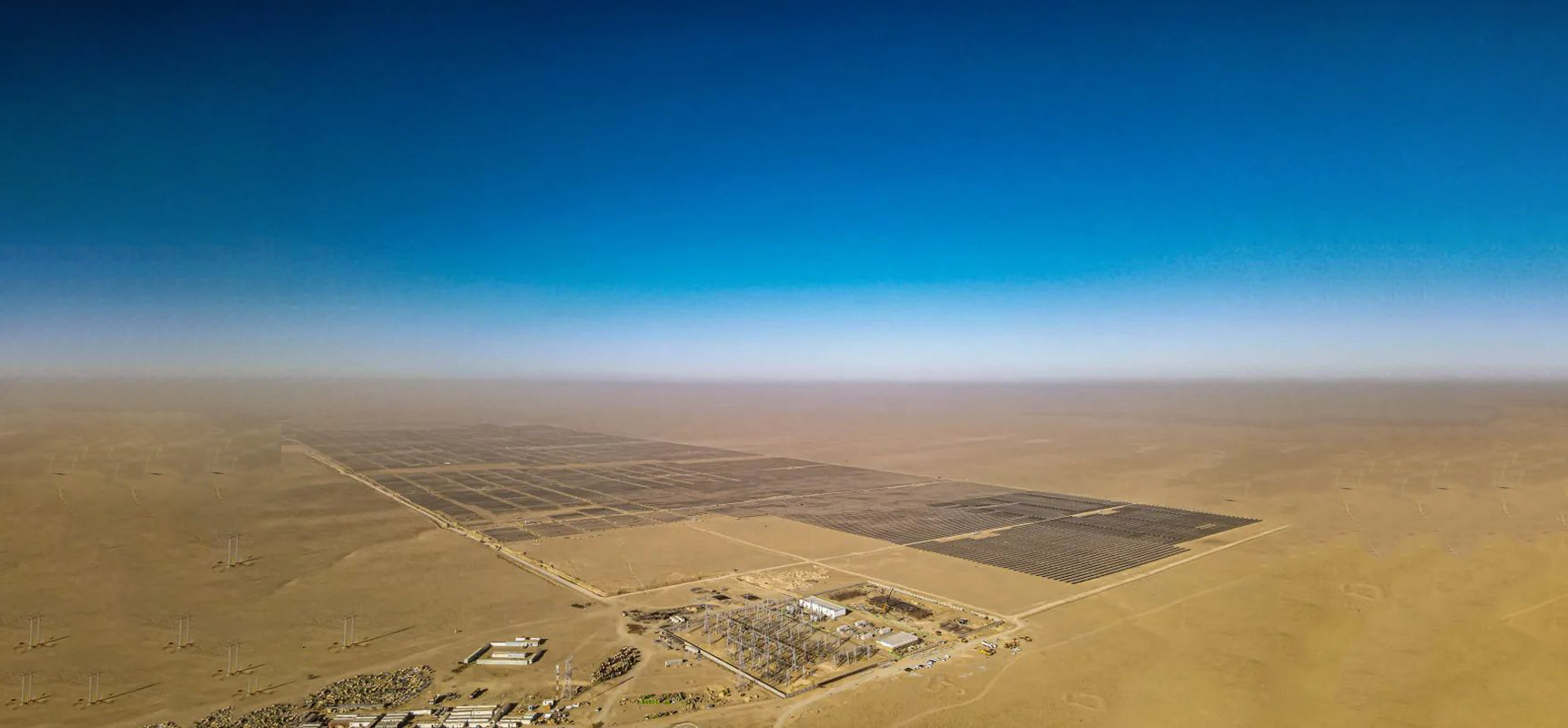Xi Jinping: China is willing to cooperate with Uzbekistan in major projects such as photovoltaics!
Jan 31, 2024
According to Xinhua News Agency, on the afternoon of January 24, President Xi Jinping held talks at the Great Hall of the People with President Mirziyoyev of Uzbekistan, who was in China for a state visit. The two heads of state announced that China and Ukraine have decided to develop an all-weather comprehensive strategic partnership in the new era and promote the construction of a community with a shared future between China and Ukraine from a higher starting point.
During the talks, President Xi Jinping emphasized that China and Uzbekistan have similar development goals and consistent concepts. The two sides can actively align China’s eight actions to support high-quality joint construction of the “Belt and Road”, deeply tap the potential of traditional cooperation, and implement medium- and long-term cooperation plans in economy, trade, and investment. , introducing more investment and trade facilitation measures. In addition, China is willing to expand cooperation with Uzbekistan across the entire industrial chain of new energy vehicles and carry out cooperation in major projects such as solar energy system, wind power, and hydropower to support Uzbekistan’s green economic development strategy and promote sustainable development.
Not long ago, the first batch of 200 MW of the Bukhara photovoltaic project in Uzbekistan was successfully connected to the grid.
It is understood that on December 27 last year, the first batch of 200 MW of the Bukhara solar system project in Uzbekistan, which was constructed by China Energy Construction Group, was successfully connected to the grid. The Office of the President of Uzbekistan and the Ministry of Energy held a launching ceremony for the grid connection of new energy investment projects. Uzbek President Mirziyoyev and Uzbek Prime Minister Abdullah Aripov attended the event.
The 1 GW photovoltaic project in Uzbekistan is the first large-scale new energy project invested by a Chinese-funded enterprise in Central Asia after the China-Central Asia Summit in May this year. It is also the largest photovoltaic project invested by a Chinese-funded enterprise in the region under the background of the “One Belt, One Road” initiative. . Projects include 500 MW photovoltaic projects in Buzhou and 500 MW in California. After the project is put into operation, the annual power generation capacity will reach approximately 2.4 billion kilowatt-hours, and it is expected to reduce carbon dioxide emissions by 2.4 million tons per year, equivalent to saving 520 million cubic meters of natural gas.
The project can provide employment for 800 people in Uzbekistan during the construction period and 400 local people during the operation period. After the project is put into operation, it will greatly enhance the local green power supply capacity, assist the development of Uzbekistan's green economy, revitalize the local economy, and is of great significance to accelerating the "three new" overseas layout of China Energy Engineering Corporation.
As a country with abundant solar energy resources, Uzbekistan accounts for about 97% of the total renewable energy. Due to its relative lack of traditional energy sources and increasing demand for use, Uzbekistan has also gradually developed its own potential photovoltaic market in recent years. Uzbekistan is currently also actively pursuing energy transformation and plans to achieve carbon neutrality by 2050.
With the continuous development of Uzbekistan's photovoltaic industry in recent years, the overall photovoltaic power generation capacity has also continued to increase. As of September last year, Uzbekistan's total installed solar photovoltaic power generation capacity had reached 2,400 MW, with most projects concentrated in southern Uzbekistan. Amerkas, Bukhara, Namangan, Tashkent and other places.
In the past six years, the electricity demand in Tashkent, the capital of Uzbekistan, has increased by 30%, with annual electricity consumption reaching 8 billion kilowatt hours. To meet the electricity consumption, Uzbekistan plans to build four new photovoltaic power stations in Tashkent Oblast, one of which is under construction. Among them, the remaining three are under planning and bidding. Therefore, according to the project implementation cycle, Uzbekistan’s demand for photovoltaics, construction and power grid infrastructure will continue to increase in the future.